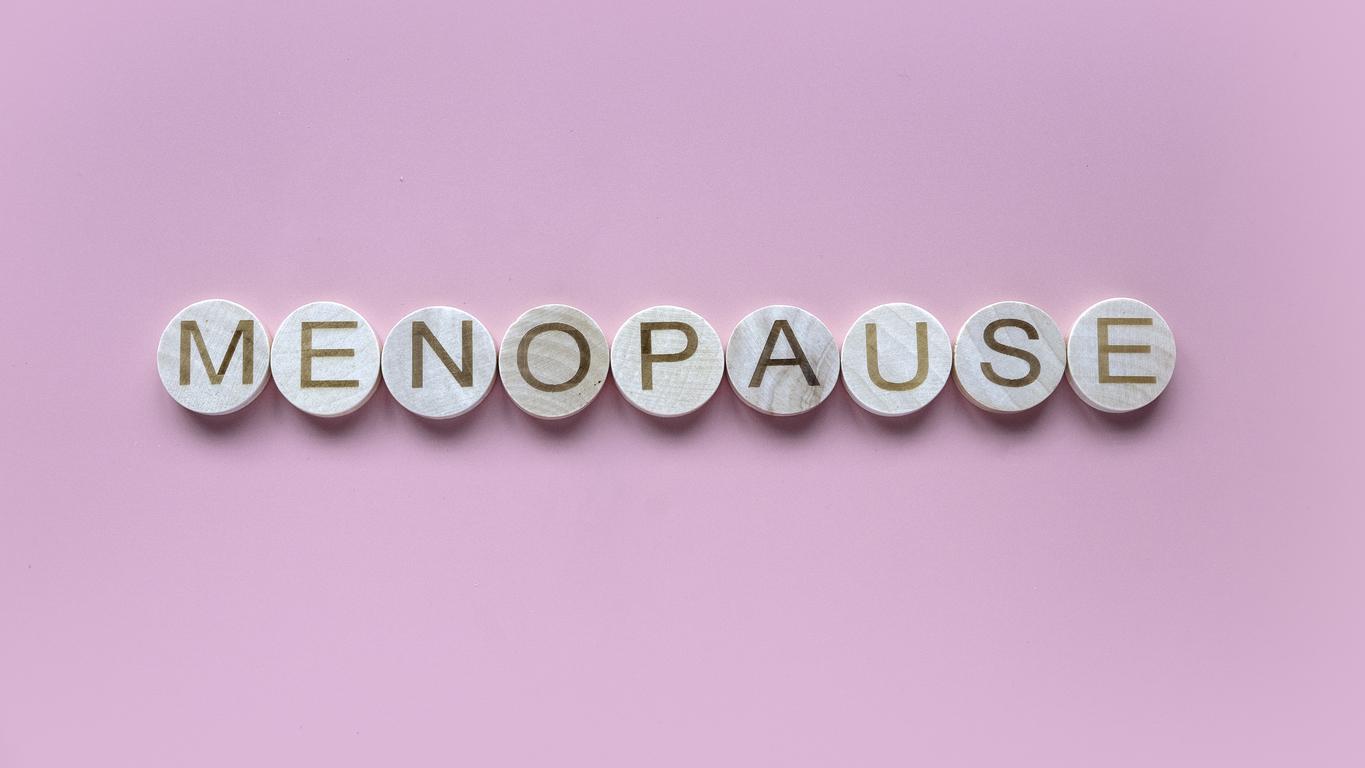
Toy of emotions
When we think of menopause, we quickly think of the cliché image of someone having a hot flash. Very annoying, but the cause is immediately clear. Other symptoms of the menopause usually do not know this direct link. Because how come you’ve been so grumpy lately?
Mood swings are a misunderstood side of menopause. Yet 56 percent of menopausal women experience it to a greater or lesser extent. Unexplained fits of crying, defiance, less patience, nervousness, melancholy, depressed feelings; it all happens. The outside world is often a bit giggly about it, but mood swings can take a heavy toll on your life.
Hormone fluctuations
It is not yet clear exactly where it comes from, but the cause is being sought in the fluctuating hormone levels. During menopause, the body gradually stops producing hormones that cause ovulation and menstruation. This causes the levels of estrogen and progesterone to fluctuate constantly. That already affects the mood.
serotonin
These hormones also influence the production of serotonin. Serotonin is a neurotransmitter and hormone that influences, among other things, the day-night rhythm and helps you feel comfortable. If you have too little serotonin, it causes feelings of depression. During the menopause, the hormone balance becomes further out of balance, which increases the shortage of serotonin.
Stage of life
Another theory deals with the stage of life in which women aged 45-50 enter. Youth is definitely over, wrinkles and a tummy appear and you are no longer fertile. The children need you less and at work the biggest challenge is also gone. This feeling of being “useless” can amplify the gloomy feelings. Moreover to sleep many women go through menopause worse, which can leave them exhausted. And that fatigue also affects mood.
What can you do?
Recognizing and acknowledging your feelings is a first step in coping better. Don’t go crazy, all those emotions are part of the transition. And if you start to recognize this roller coaster by emotions, you can better respond to it. Don’t try to respond to everything right away. The well-known ‘counting to ten’ is a handy tool to create some peace and distance. Call a friend for some distraction or go for a walk. In the worst case scenario, you can ask your doctor to prescribe something, but (natural) products against mood swings may also be available at drugstores and pharmacies.
eat you fit
Moving is an excellent idea anyway. Whether you opt for yoga or running, exercise is good for body and mind and also ensures that you sleep better. Choose food that rich in serotonin, as bananas, avocados, sweet potato, fresh Spinach, goat cheese and spirulina. In addition, it is very nice to talk about your experiences with fellow sufferers. The realization that they are not alone is good for many women. Relativity and keep smiling, that helps the best.

















